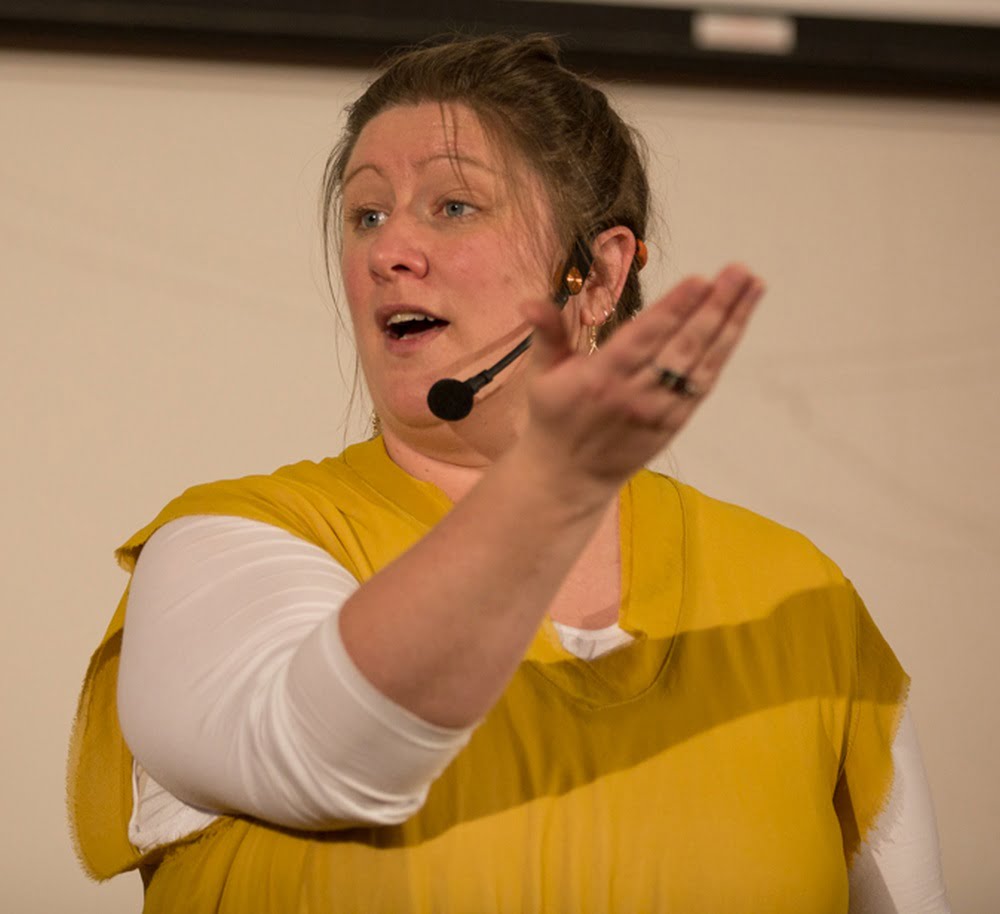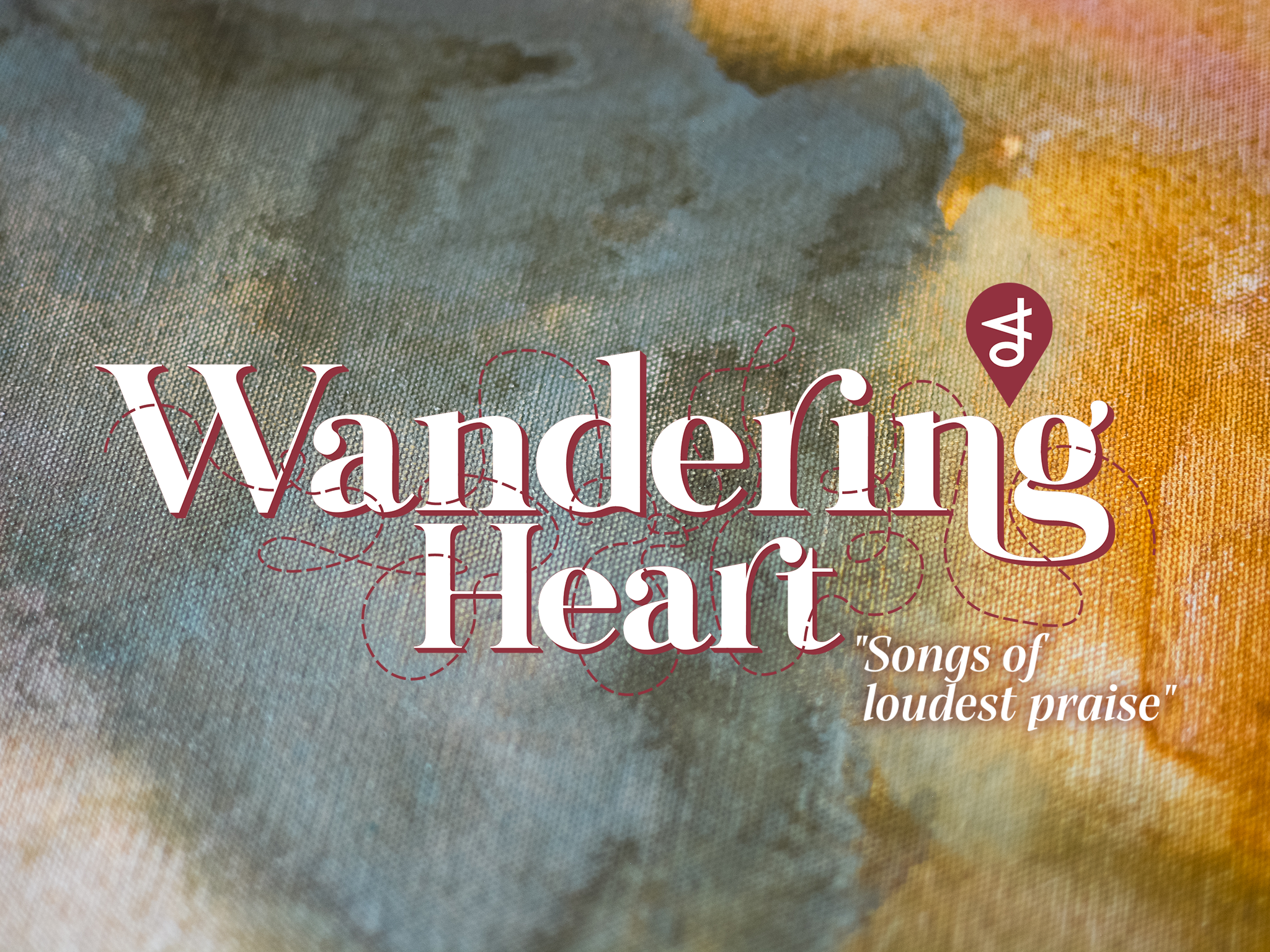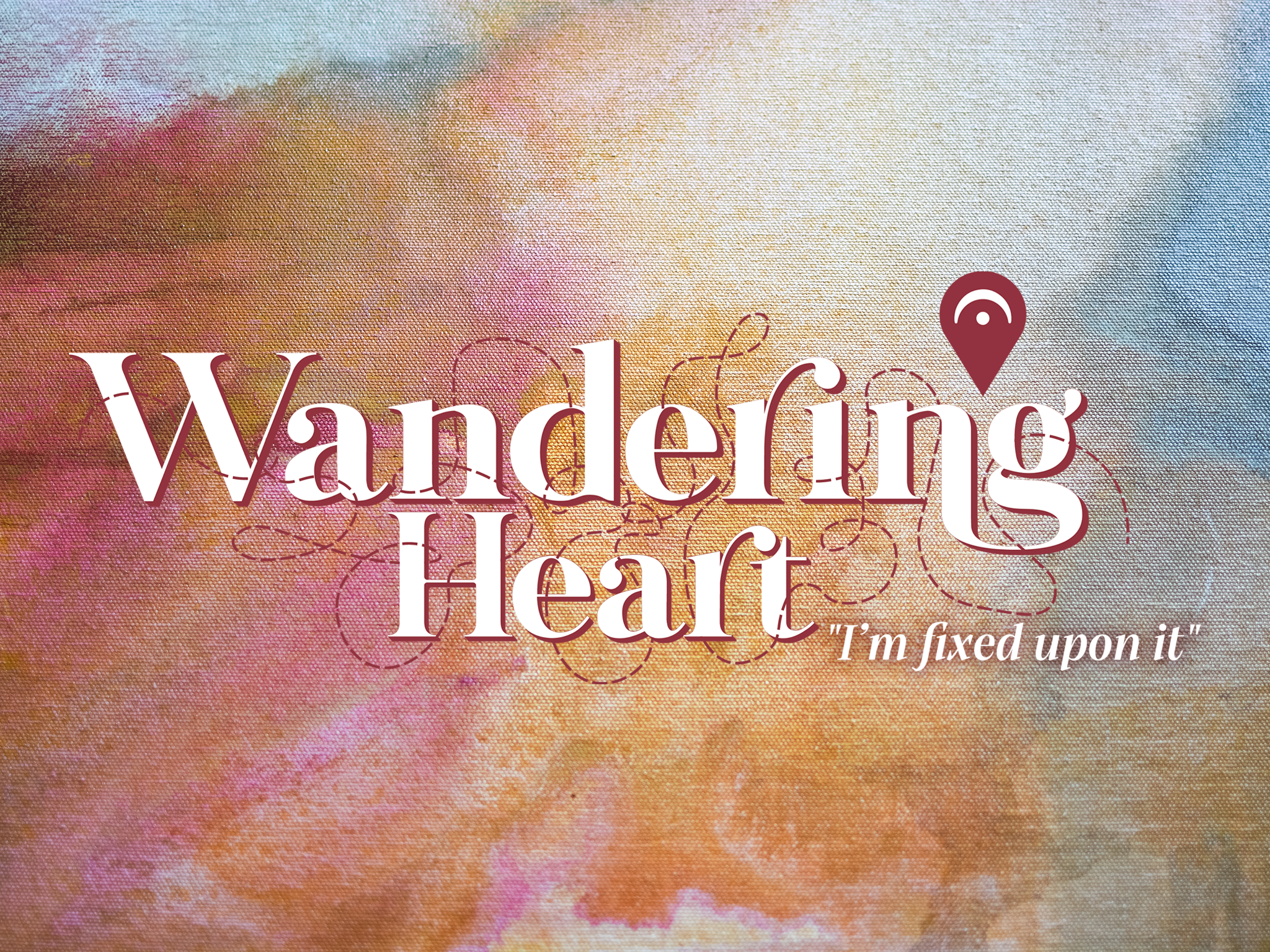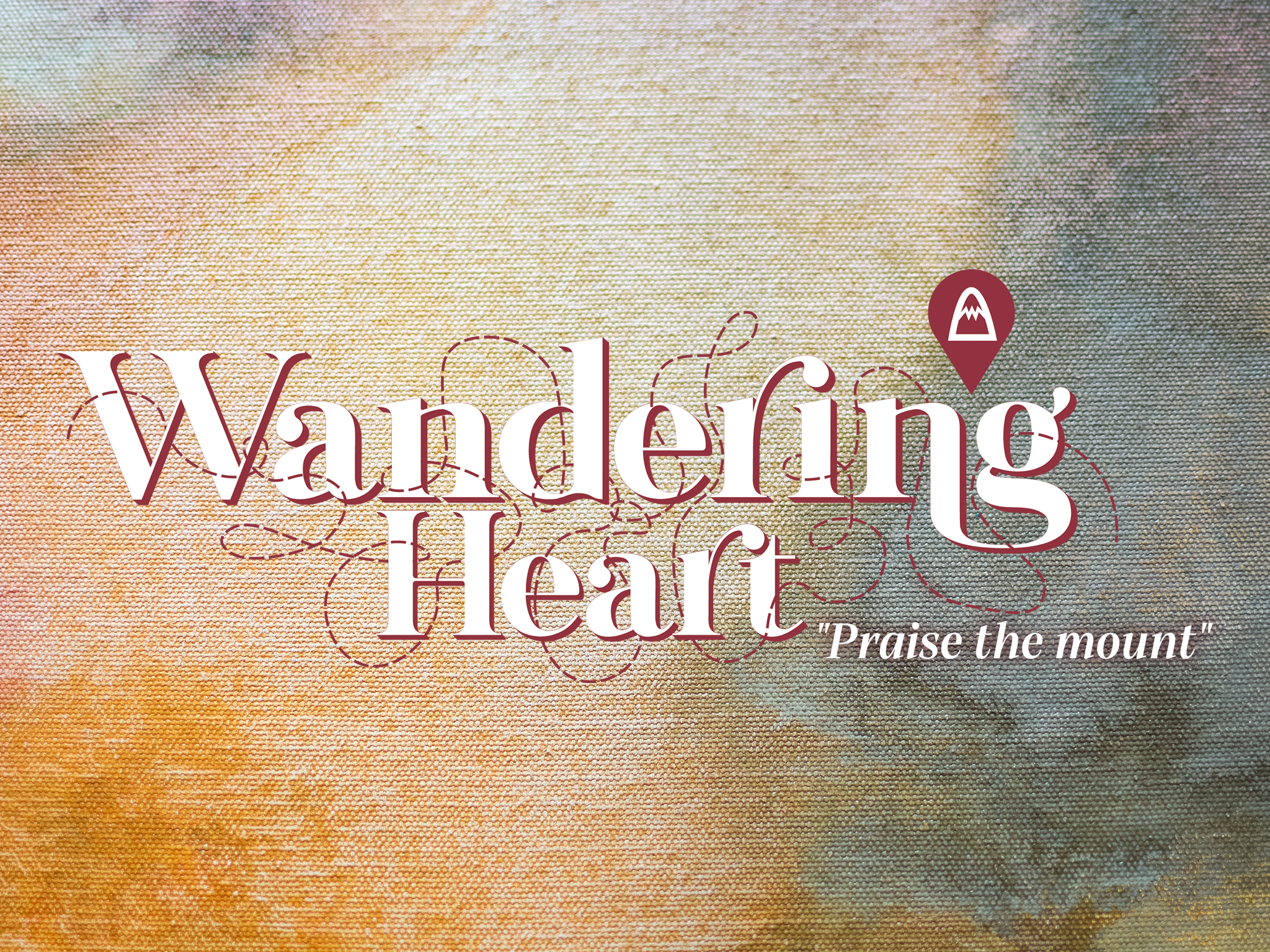Reflection for Wesley Uniting Church, Forrest
Psalm 25:1–10 (& Genesis 9:8–17; Mark 1:1–11)
Psalm 25:1–10
To you, O Lord, I lift up my soul.
O my God, in you I trust;
do not let me be put to shame;
do not let my enemies exult over me.
Do not let those who wait for you be put to shame;
let them be ashamed who are wantonly treacherous.Make me to know your ways, Holy One;
teach me your paths.
Lead me in your truth, and teach me,
for you are the God of my salvation;
for you I wait all day long.Be mindful of your mercy, God, and of your steadfast love,
for they have been from of old.
Do not remember the sins of my youth or my transgressions;
according to your steadfast love remember me,
for your goodness’ sake, Holy One!Good and upright is our God;
therefore God instructs sinners in the way.
Holy One leads the humble in what is right,
and teaches the humble Their way.
All the paths of God are steadfast love and faithfulness,
for those who keep God’s covenant and God’s decrees.
To you, O Lord, I lift up my soul
naphsi – my soul. nephesh is actually ‘my being’: not so much the ‘soul’ distinct from ‘body’ and / or ‘mind’, not dualist, not separated, but integrated, whole. my whole being. that is important, as we begin Lent. Is Lent to be a season of self-flagellating guilt, or a process of reintegration of our whole being? A return to health and wholeness, by returning to God?
Hold that in mind, that the psalmist is speaking of their whole being.
esh’a – from nash’a – I lift up. or, I make an offering. I give.
this language of lifting up flows from Psalm 24, where the psalmist exhorts the gates and doors to lift up their heads, their selves, towards God.
There is a danger, I think, in such language of lifting heads, or our gaze, our praise, ‘up’ to heaven or God in a heaven up there – that we push God away, out of our earthly, daily living. When that’s clearly not what God wants, according to so much of the sacred story, the call through the prophets, the incarnation in Jesus the Christ, the covenants made with Noah, Abraham, Moses and the people in exile. God wants, God seeks and initiates, relationship, presence with, participation in our living. God moves in this direction seeking to so shape our living and being that we, individually and collectively, will be integrated, healthy, whole.
So what is the healthy side of that language, that figurative movement ‘up’? Is it the movement out of and beyond our self? Out, towards the Divine, the Divine in creation, the Divine in each other? Is it paradoxically an ‘up’ that is really ‘deeper within’, further towards our truest self, beyond the mess that gets between us and God? I wonder…
Last week I told you I read the Bible by listening to it. Another way I read the Bible is to embody it, enact it, let it move me. So I move, I gesture, and with this being lifted up, I move with the posture of making an offering, humble, reaching up, out, towards the other. There’s a generosity in such a posture. And there is – when we remember the psalmist is speaking of the lifting up, the offering of my whole being – a trust in that posture, that offering. The psalmist is lifting up, offering, giving, their whole being to God. In this, we hear, we see, that the psalmist trusting God entirely.

Surrender
As I considered this, I thought of the word ‘surrender’. Surrender, in this context, was a word used a lot, and not always helpfully, in the church and youth group in which I was a child and younger adult. Again, I note there is risk with language use here, if by surrender we mean demean yourself. So I am asking us not to use our language in ignorance.
But when in pursuit of the wholeness of the person surrendering, surrender is not a denial of self as if this self does not have worth. Surrender does indeed have a feeling of giving over, letting go, being folded into the other – in this case, into God, and the Way of God. This as I’ve noted, is a God and a Way of being that seeks to lift us up, build us up, into our fullness of being. I wrote a poem a few years ago that reimagined – perhaps redeemed, for me at least – the idea of surrender:
Faithful, forgiving love
To return to the psalm.
In verse 6, we hear the foundation for the psalmist’s trust in God, trust that it is safe, and worthwhile, to surrender into God’s Way, into the River: that foundation is hesed. I often translate hesed as ‘lovingkindness’ – all one word – but here, perhaps the NRSV’s ‘steadfast love’ conveys a clearer meaning. God’s steadfast love, the psalmist notes, is ‘of old’ – the stories the people have told, the experiences they have had, God is known over a long time to be steadfast.
steadfast : faithful, reliable, trustworthy.
Paired with mercy, as it is in verse 6, we learn something else of the character of this ‘love’. It is merciful, kind, compassionate, forgiving.
So that in verse 7 the psalmist is appealing to that love, that is known of old to be forgiving. See me with those eyes, the psalmist pleads. Eyes that will, as I think I noted last week, see my transgressions and then choose not to see them; mercy and love that will choose not to enact the rightful consequences of my transgressing of God’s Way, but instead, to fold me back into the Way for the healing of my being.
hesed. lovingkindness. steadfast love. faithful, forgiving, love.
and all God’s ways are thus, says the psalmist. faithful, forgiving, love.
in verse five, where we heard ‘lead me in your truth’ we could also translate it ‘lead me by your faithfulness’, to reinforce the character of this love, this God.
lead me, the psalmist pleads
teach me
I wait on you – and wait here is an attending to or paying attention to. it is also hope.
Have I told you this before? That my deepest sense of God is hope. why God, why I choose God, follow God, surrender to the Divine River, is hope.
When I’m in the darkness of illness or despair, God is my hope. not necessarily a hope for an end to the darkness or pain, but the hope of presence, courage, resilience that I know when I look to God from there.
When I look at the insufficient, too late, never coming moves towards justice or compassion for a wronged staffer or imprisoned refugee children, God is my hope. not a hope that the people or systems will change, at least not tomorrow, but the hope that this woman, those children and their parents, are heard, are accompanied, are receiving care that is just and human and healing, as I see God’s justice and compassion in others.
When the earth seems to groan, and not with the labour pains of new life, but with the weight and burden of human greed and selfishness, God is my hope. Not a hope that God will step in like a mythical humanoid Thor with thunder and lightning and fix it, but that all creation lives within the love and being of the Divine we know as God – Creator, Spirit, Christ. And with such hope, I can surrender knowing we are held though we don’t know how, in the end, but for now, God is my hope.
This hope, trust, surrender, is not apathetic or passive.
This Way is a keeping of the covenants and teachings of God. I don’t step off the riverbed and into the flow to be passively carried and buffeted about by a whimsical River. First, this River, this God, I trust, knowing God’s compassionate love of old. Second, I am expected to swim in the river. To move in harmony with the River, with God’s teaching, actively working with God on my integrity and wholeness, on my being formed by faithful forgiving love that works outwards towards your wholeness, and ours together.
by living the Way of God, the psalmist – we – seek to be formed by that character of God so as to move towards wholeness.
What is that character?
Mercy. Faithfulness. Steadfast love.
Faithful forgiving love that seeks our wholeness.
This is the character and the Way of Christ, too, as we will remember again through this season of return to God that is Lent. Jesus, who swam the River, surrendered his full being, trusted God through the harshest, most testing, of wildernesses.
Amen.





Leave A Comment